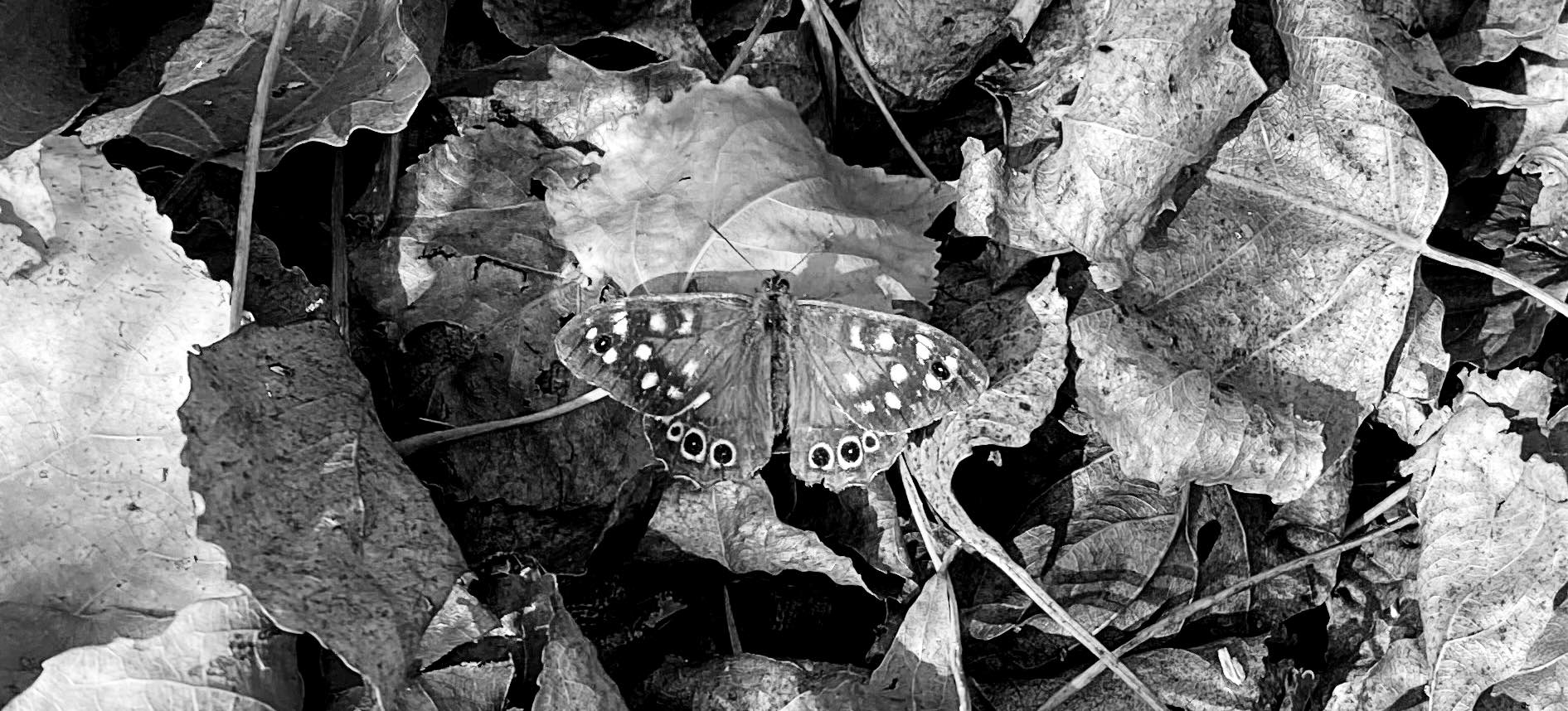After approximately five centuries of materialist science, post-materialist scientists are coming of age. Scientific impulses have gradually moved from observing nature with microscopes and telescopes to experimenting with nature to a favorite pastime nowadays: recreating nature – this last phase is now coming to an end. Many scientific resources have recently become dedicated to so-called Artificial Intelligence, and in this process scientists inadvertently stumbled upon Natural Intelligence.(1)
“He who has science and art also has religion; he who does not have these two, let him have religion.”
~ J.W. von Goethe
Darwin once described bodily, material evolution, as well as Goethe more comprehensively, but the evolution of human consciousness is also intimately tied to the human soul. AI researchers are revealing the importance of consciousness and the relative triviality of the material, the sensory, the observable. They are opening a door beyond spacetime into a post-material age, but oftentimes, at this point, their regular methods of knowledge start failing.
Scientists who are moving into post-material research are struggling to gain knowledge by means of the intellect alone. Their courageous initial steps, in full curiosity and excitement, are followed by difficulty conveying their research to a wide audience. Post-material science requires sources of knowledge beyond mere intellect, and these sources can only be accessed after thorough training of the inner conscious experience of thoughts and feelings.(2) The scientist needs to learn how to distinguish between the workings of his intellect (directed purposefully) and all other experiences that rise up inside him – like hunger – feelings and thoughts that arise more naturally. If we study thinkers of the pre-materialist age before roughly the years 800-1500, like Plato, and the very few post-materialist thinkers of more recent centuries like Goethe, we can learn much about the non-intellectual sources of knowledge.(3)
Some may agree that the materialist phase of recreating nature is ending but doubt that post-material science is maturing. That science has already moved beyond the point of no return is proven by the fact that much of what we thought we knew has already been proven untrue – materialistically.
(1) See for instance the book The Case Against Reality, How Evolution Hid the Truth from Our Eyes (2019), Donald D. Hoffman. Hoffman did not expect to discover that consciousness is more fundamental than spacetime, as he and his team did in their mathematical research in the service of AI in 2015.
(2) See for instance the book Knowledge of the Higher Worlds and Its Attainment (1904), Rudolf Steiner (Audio book on YouTube).
(3) Laura Slot’s book Post-Materialist Historiography, An Introduction will be published by Old Revolutions Press Fall 2026.
